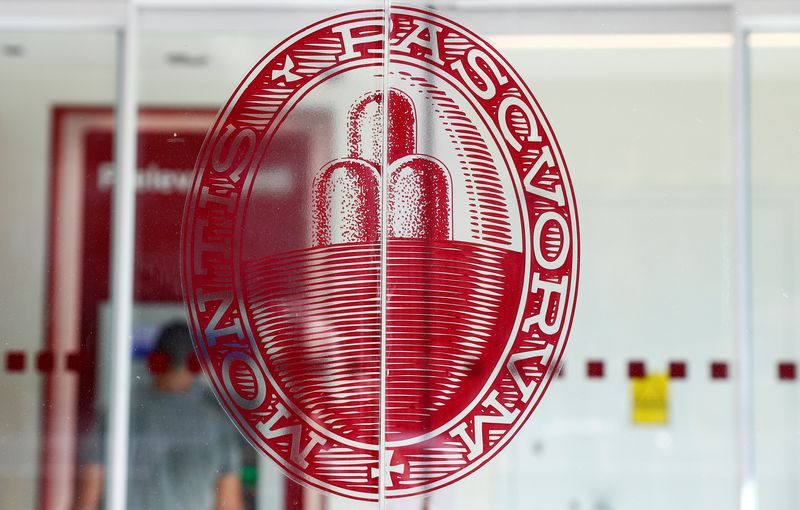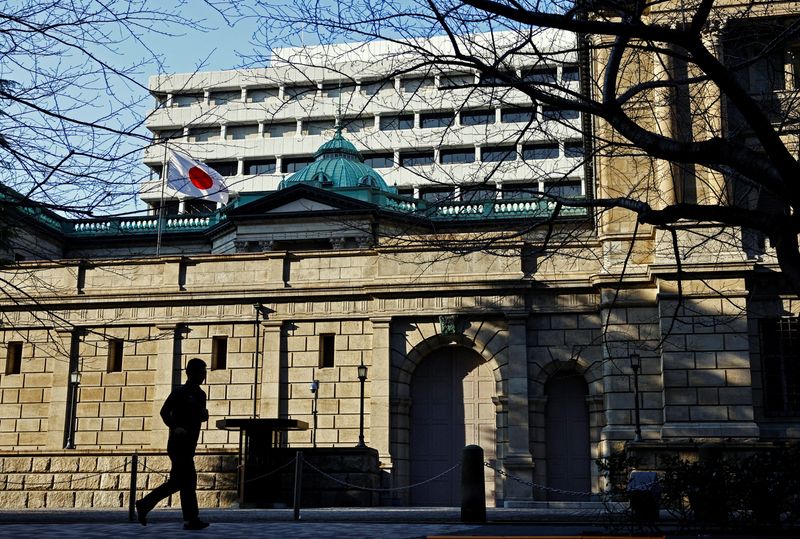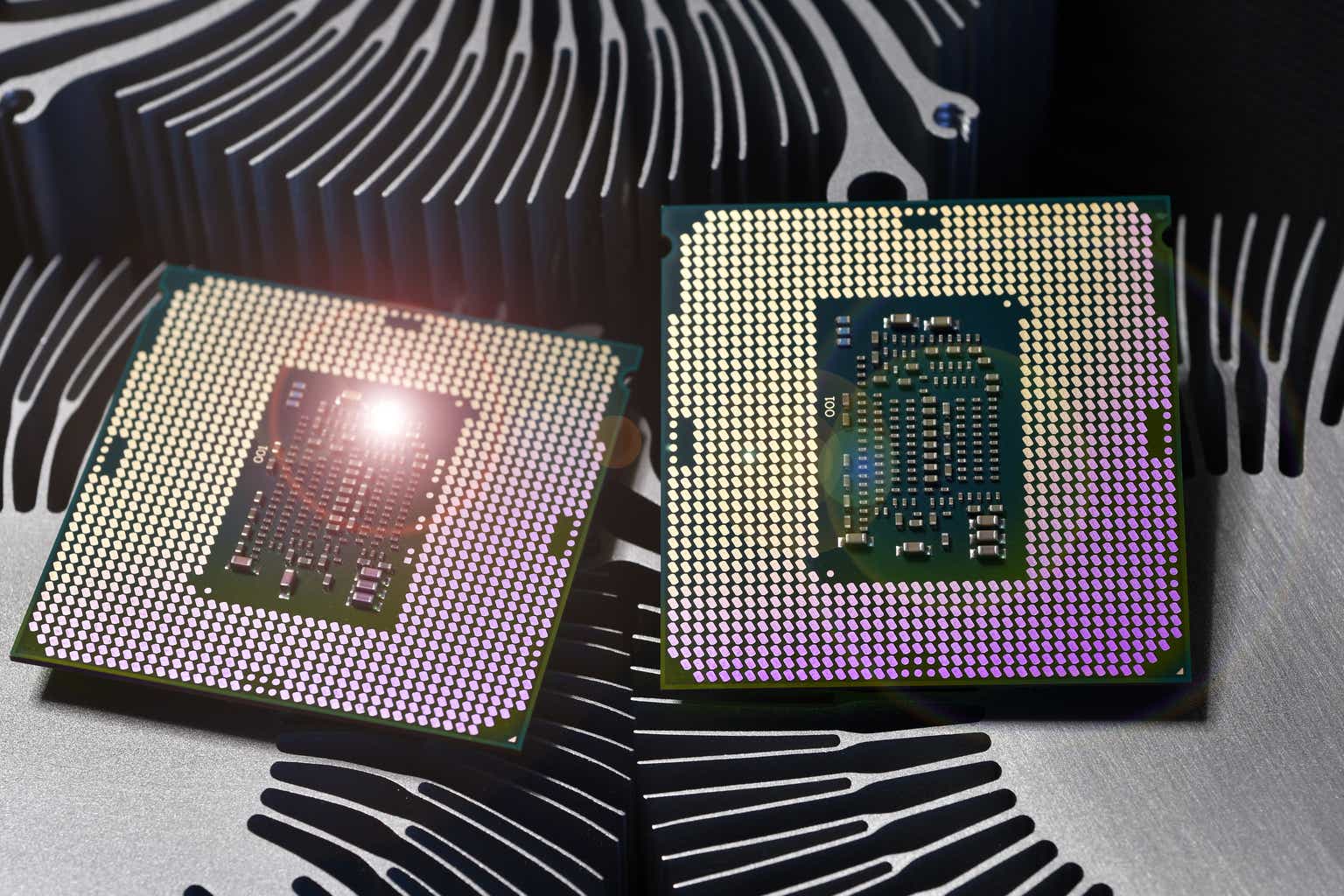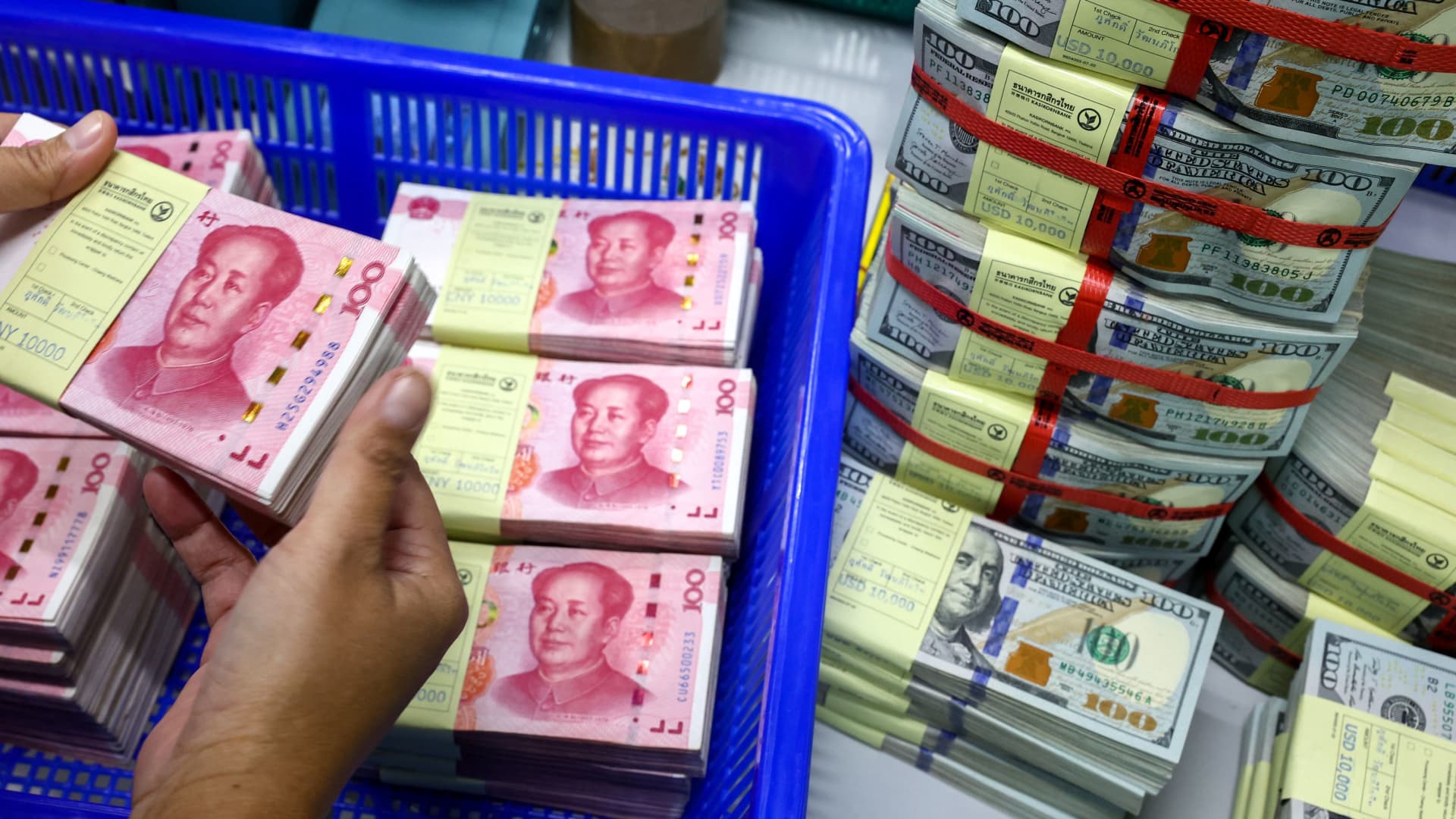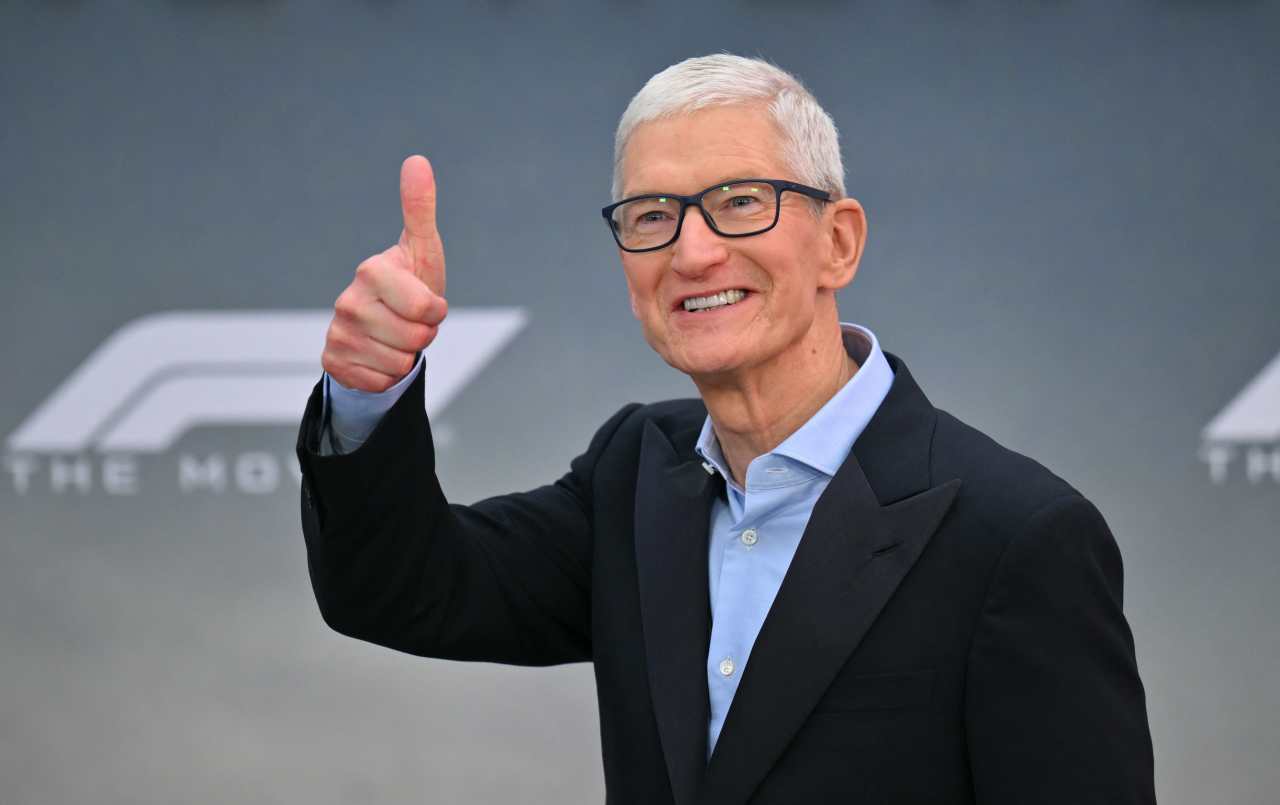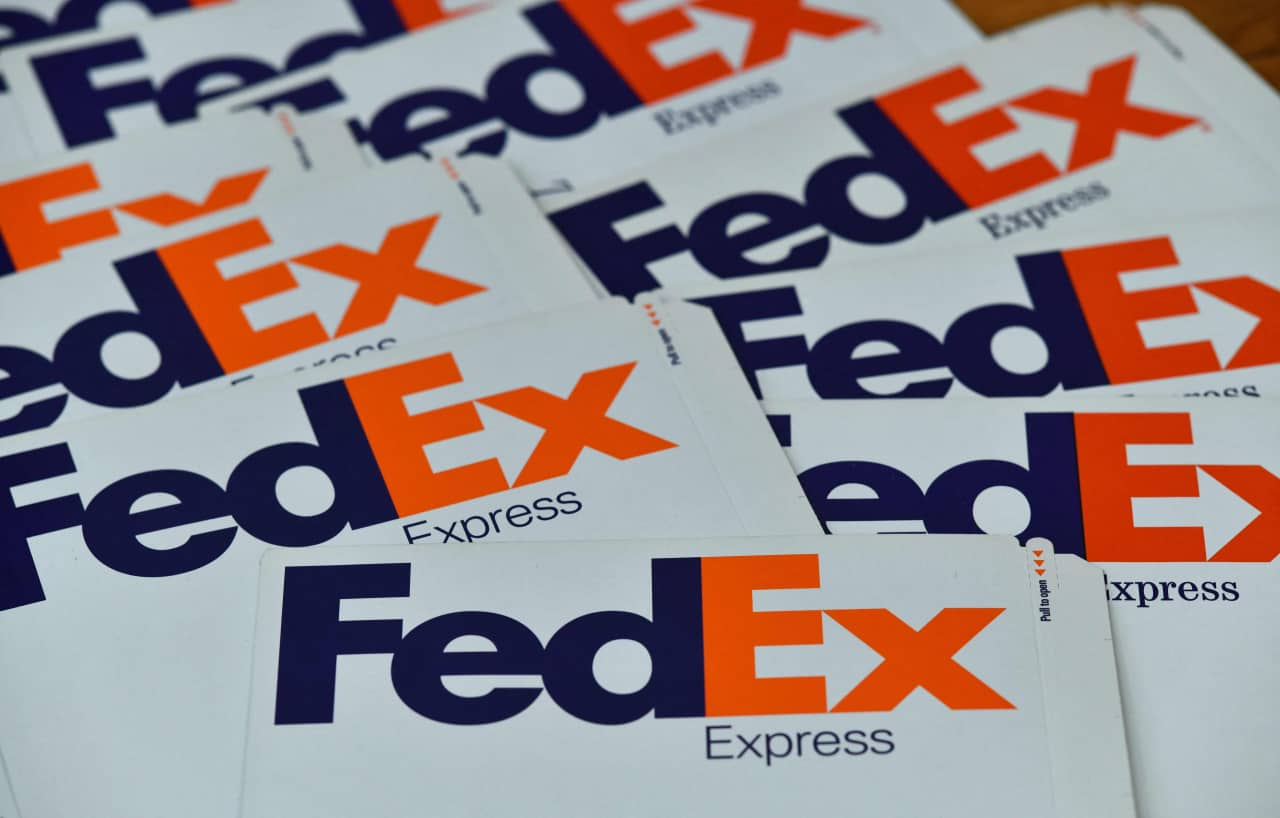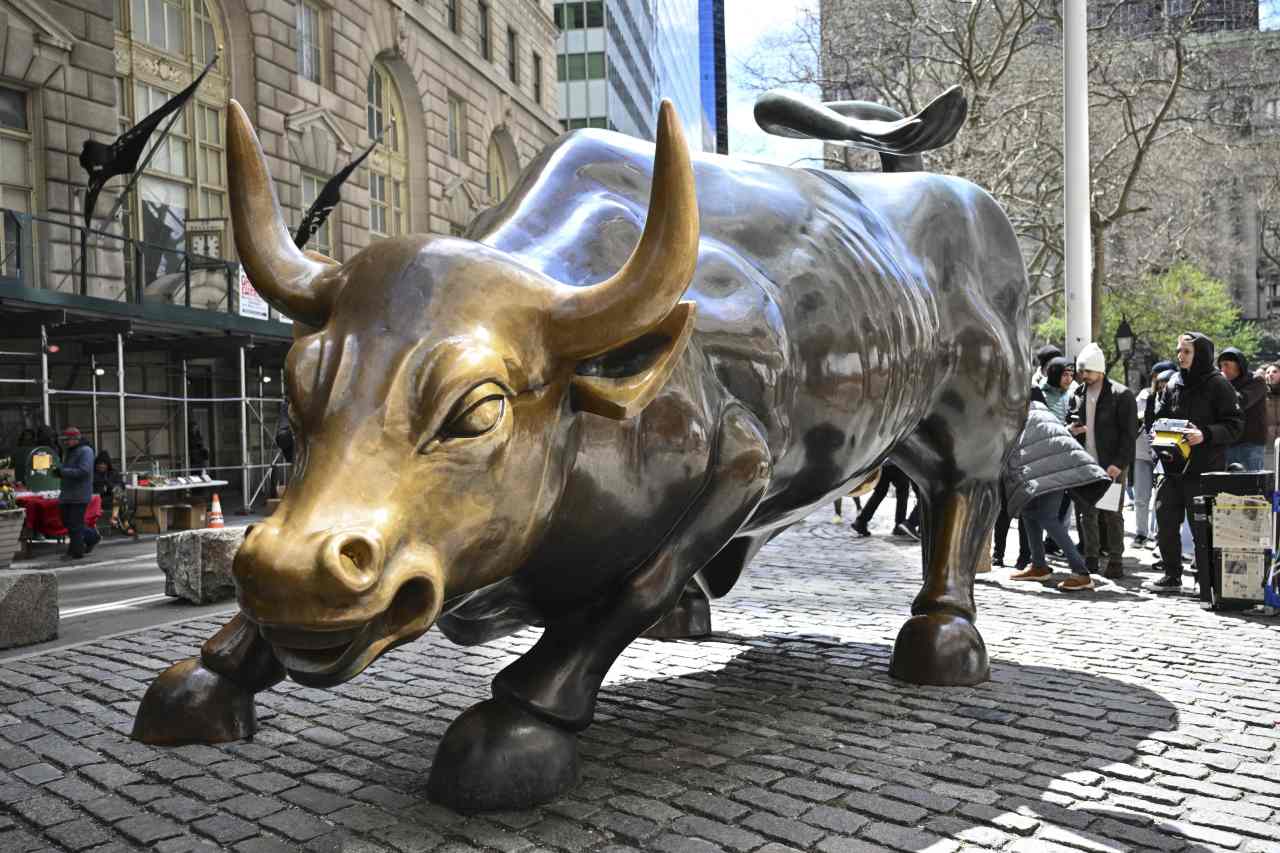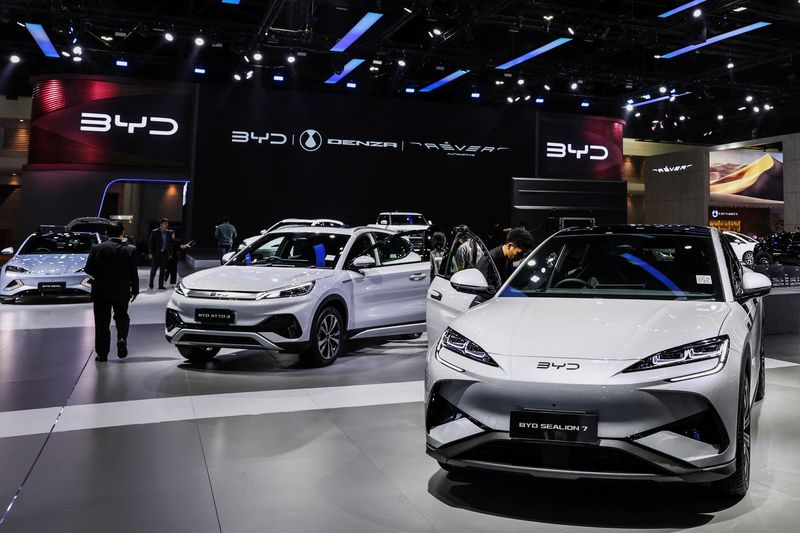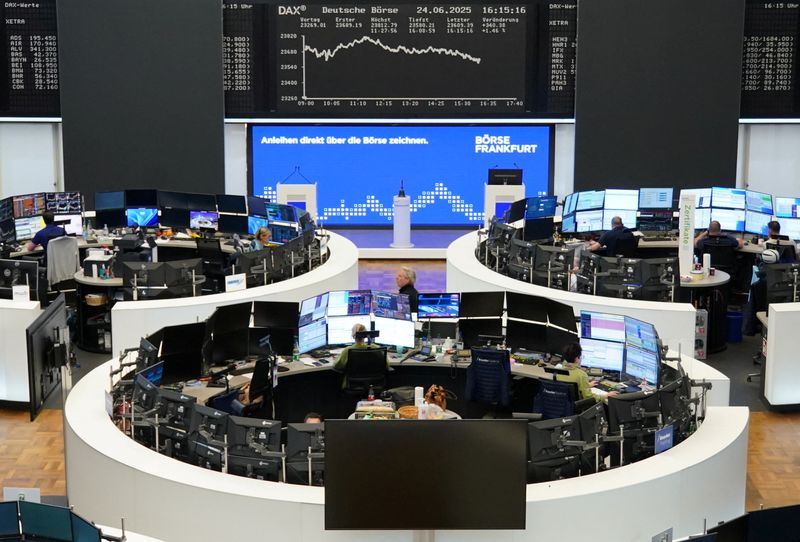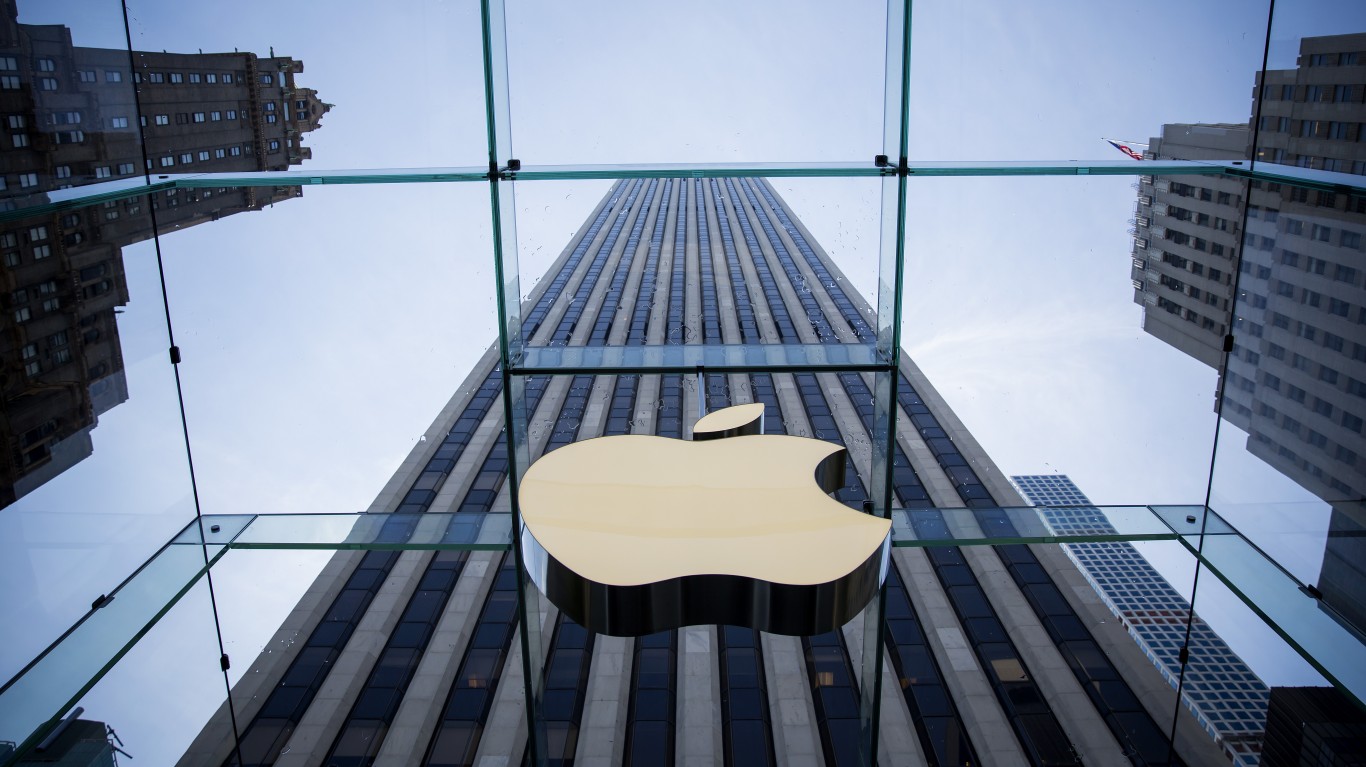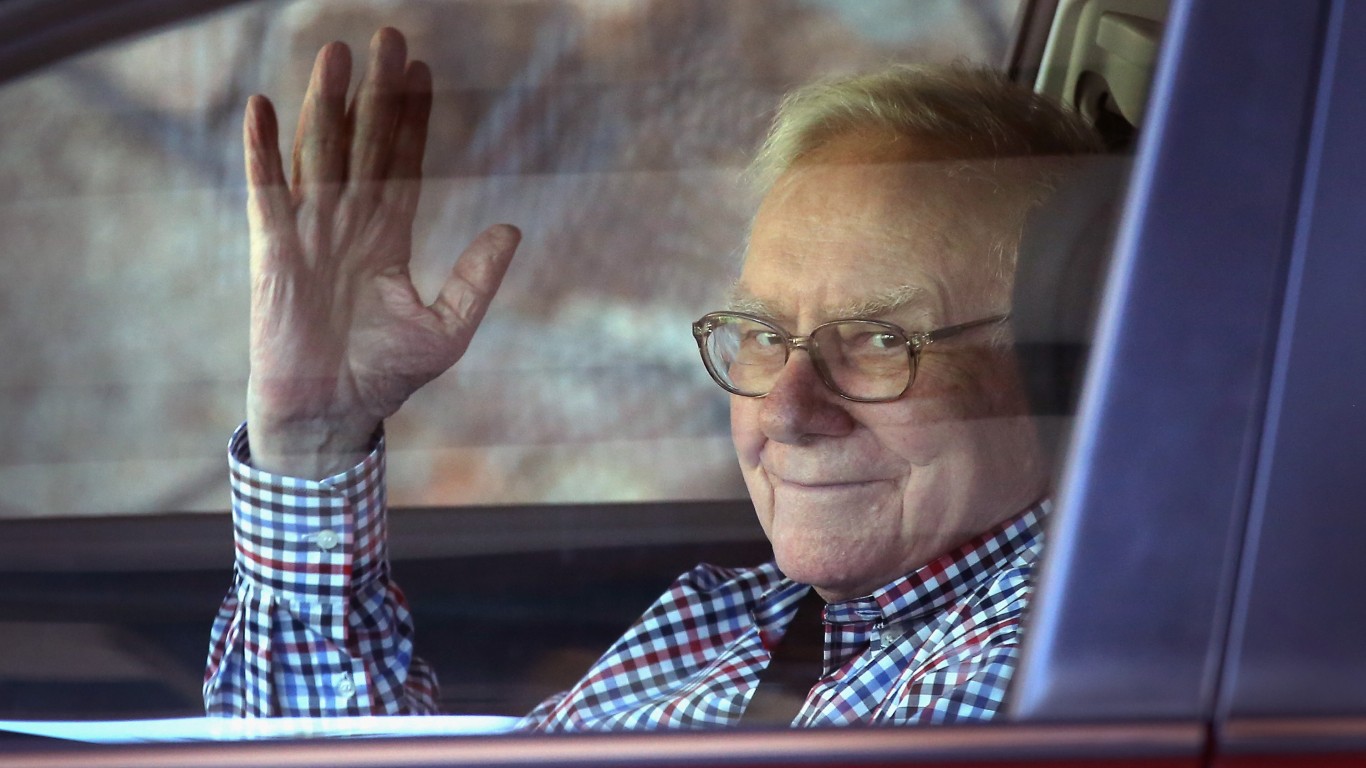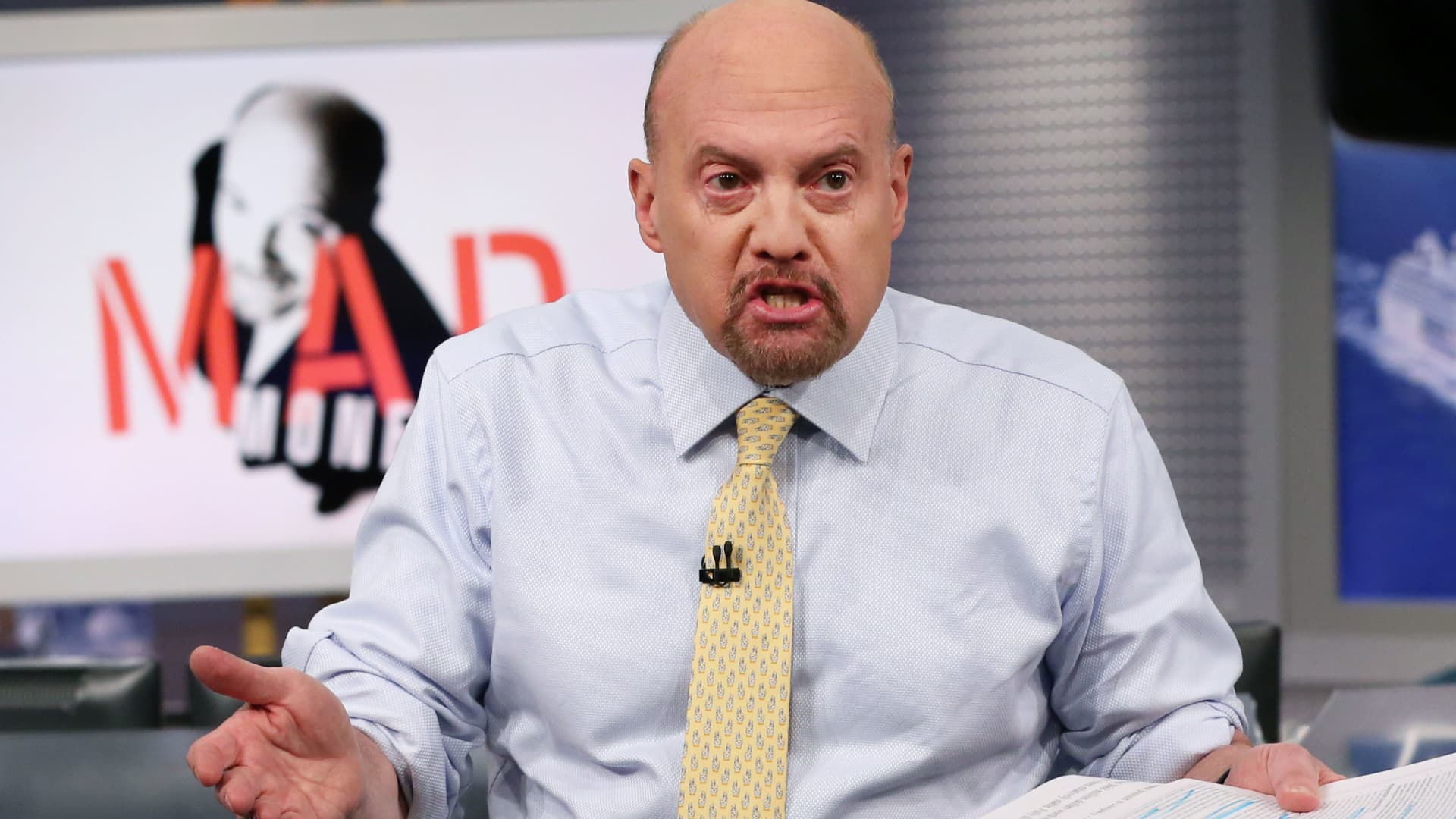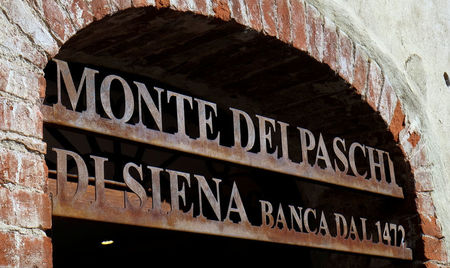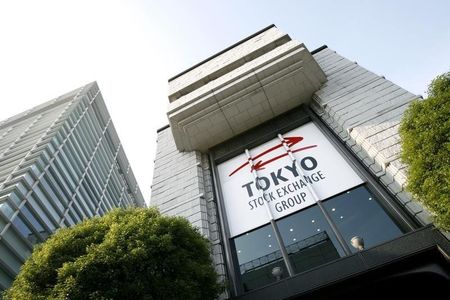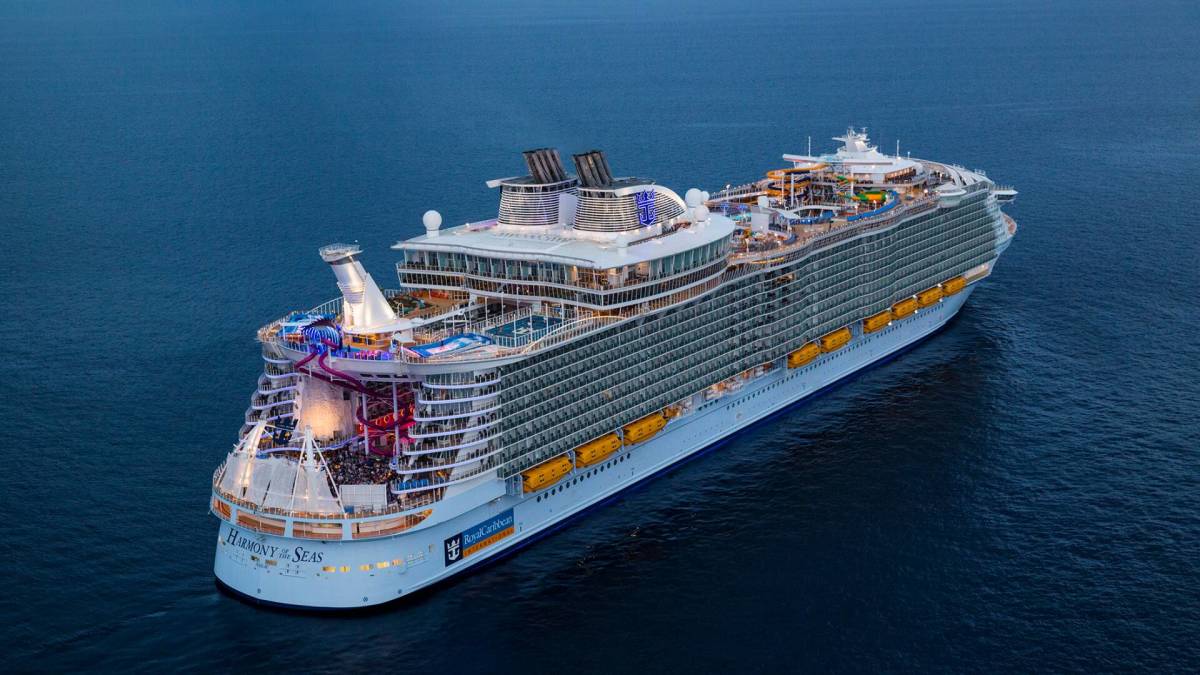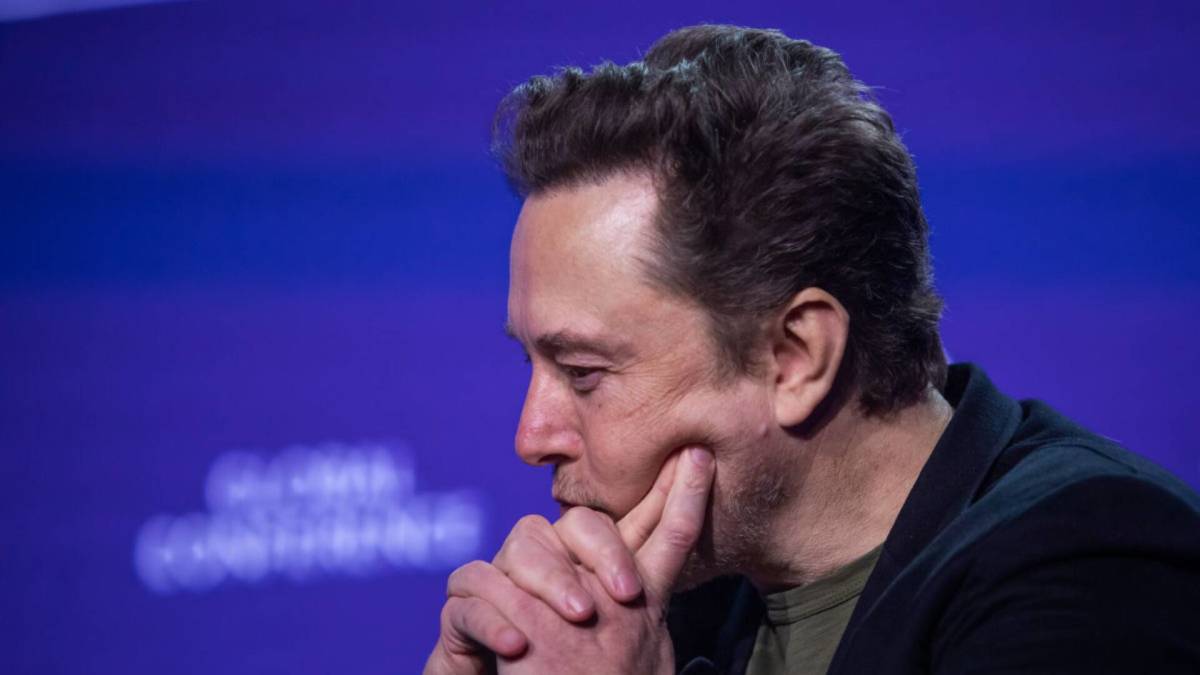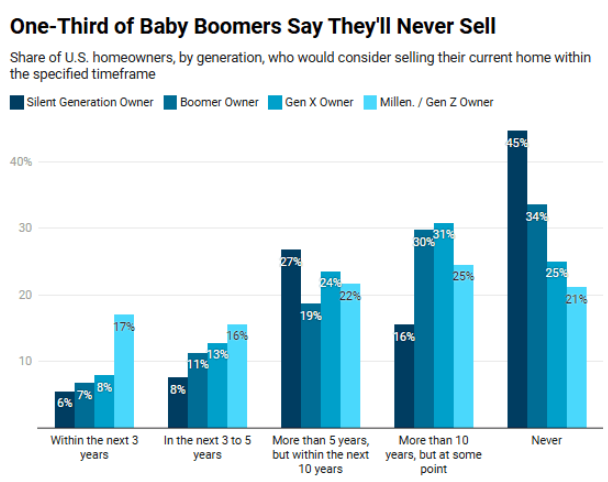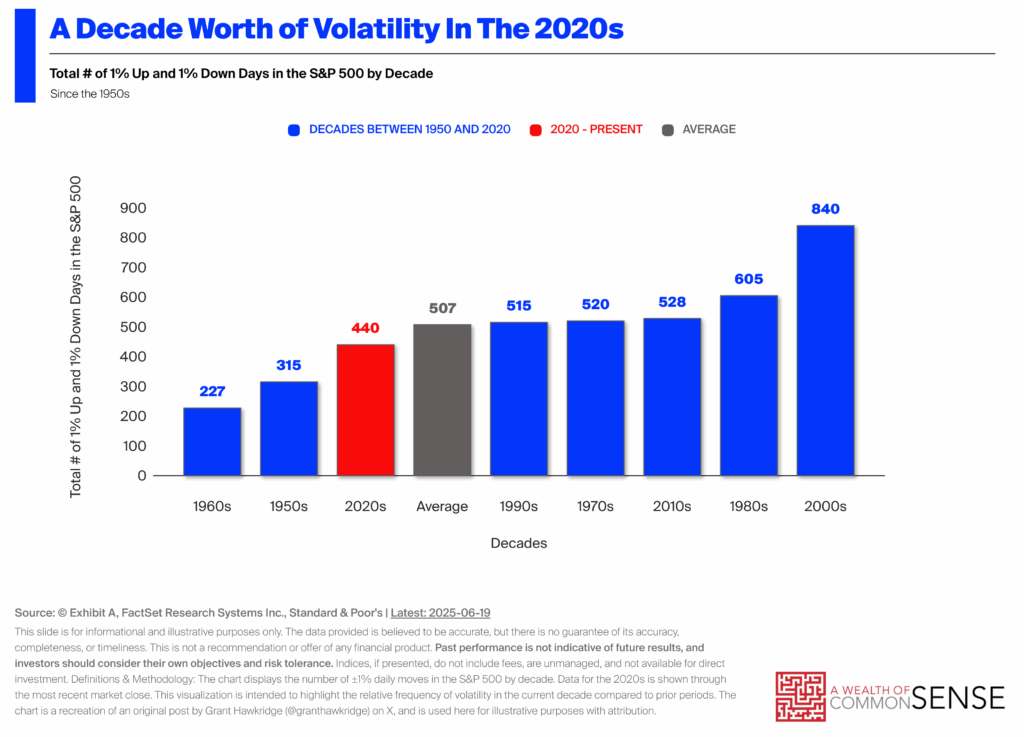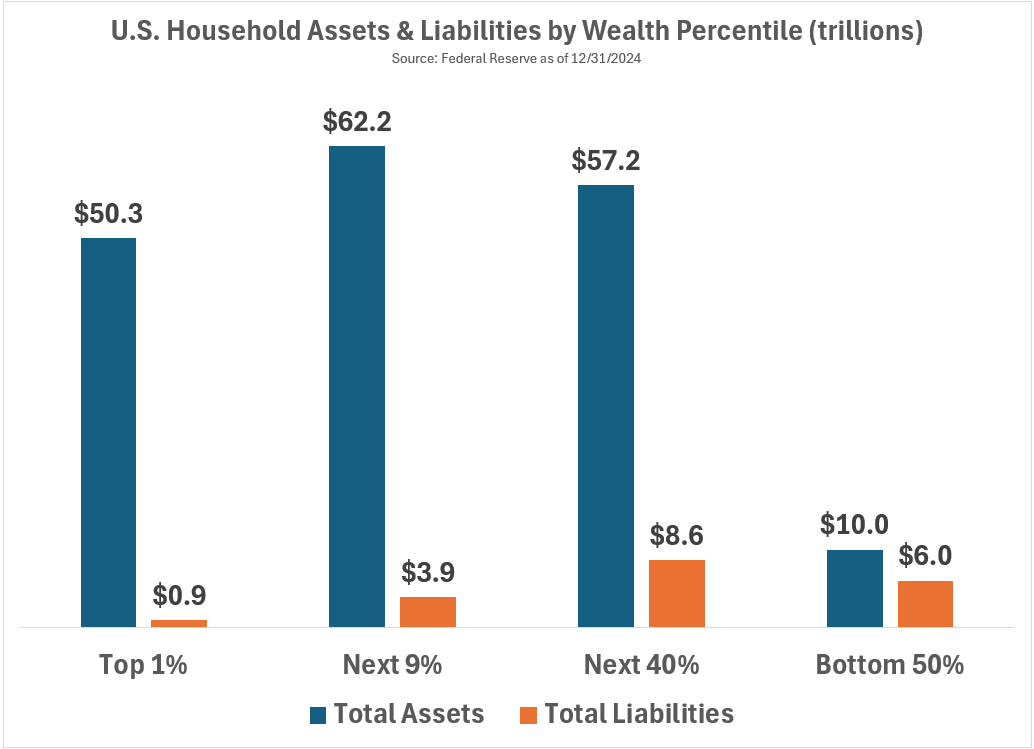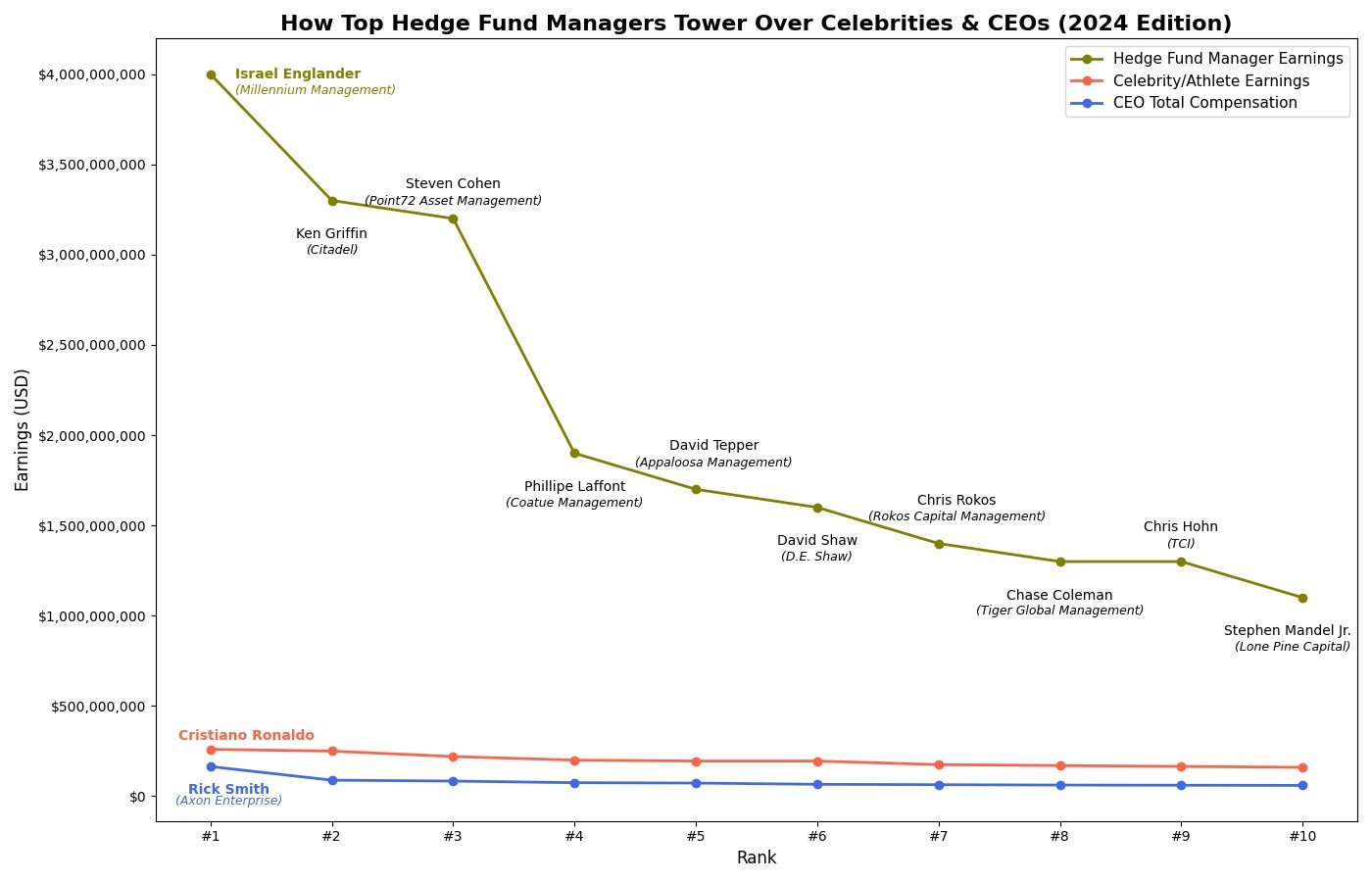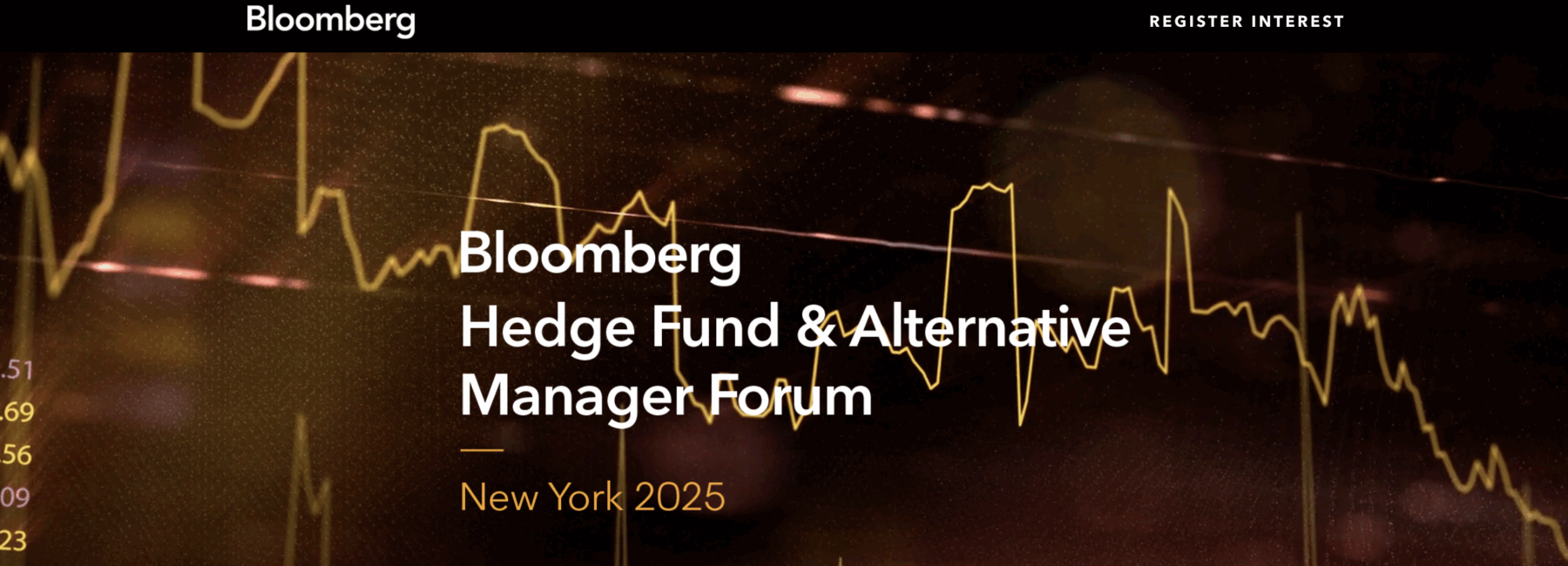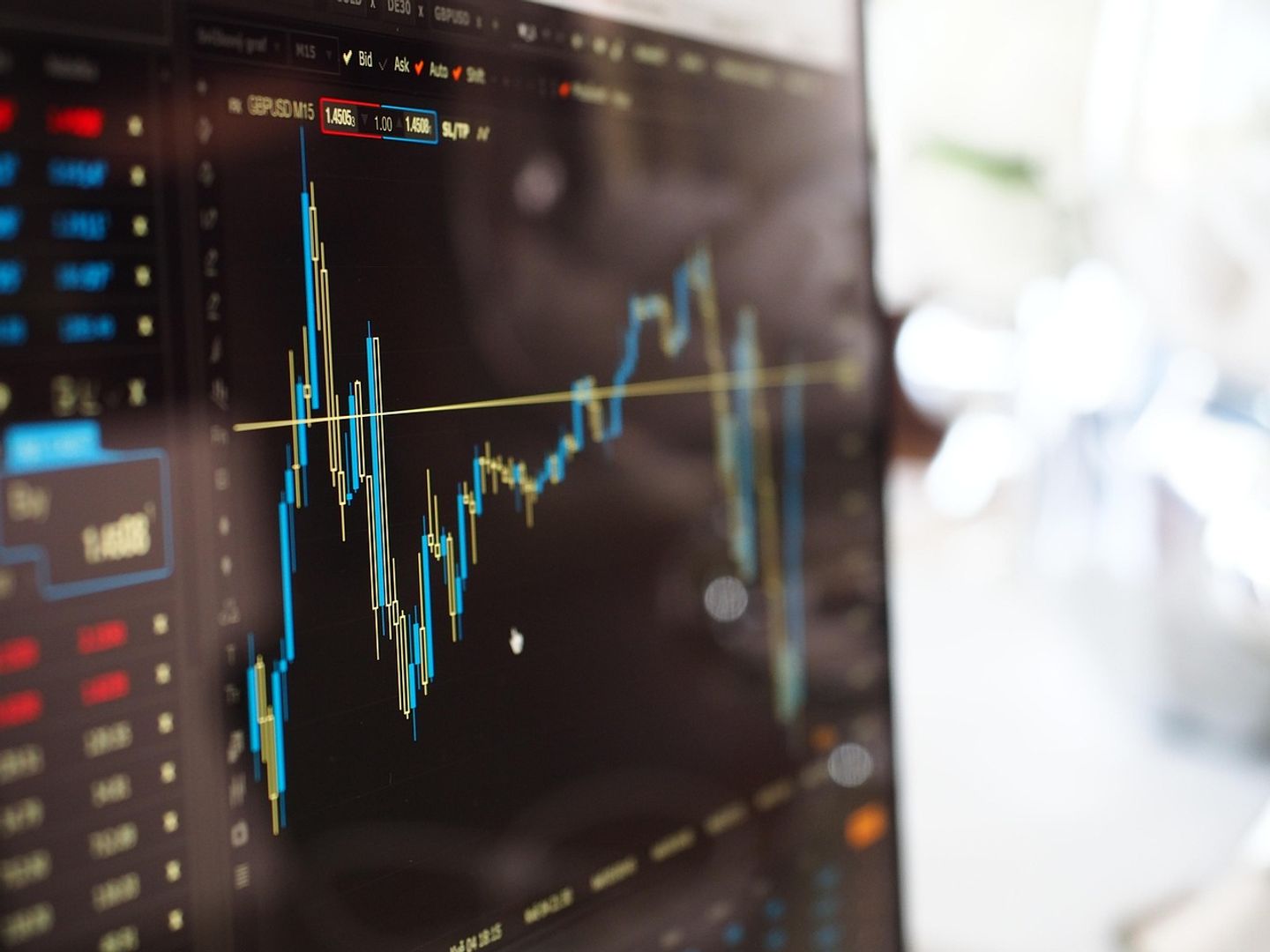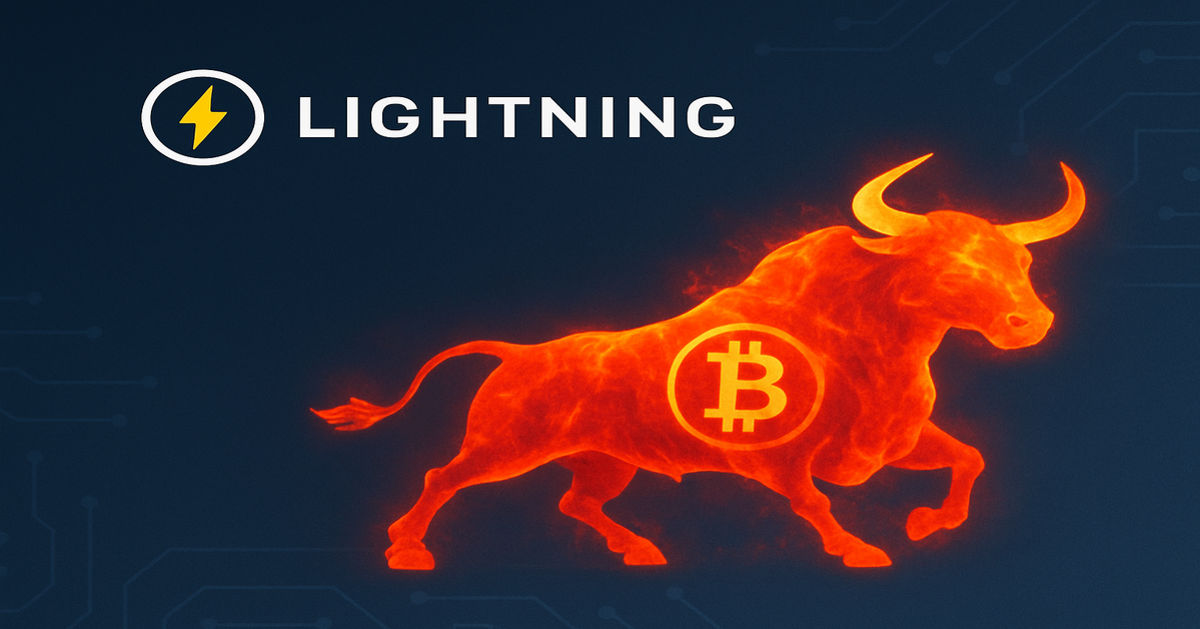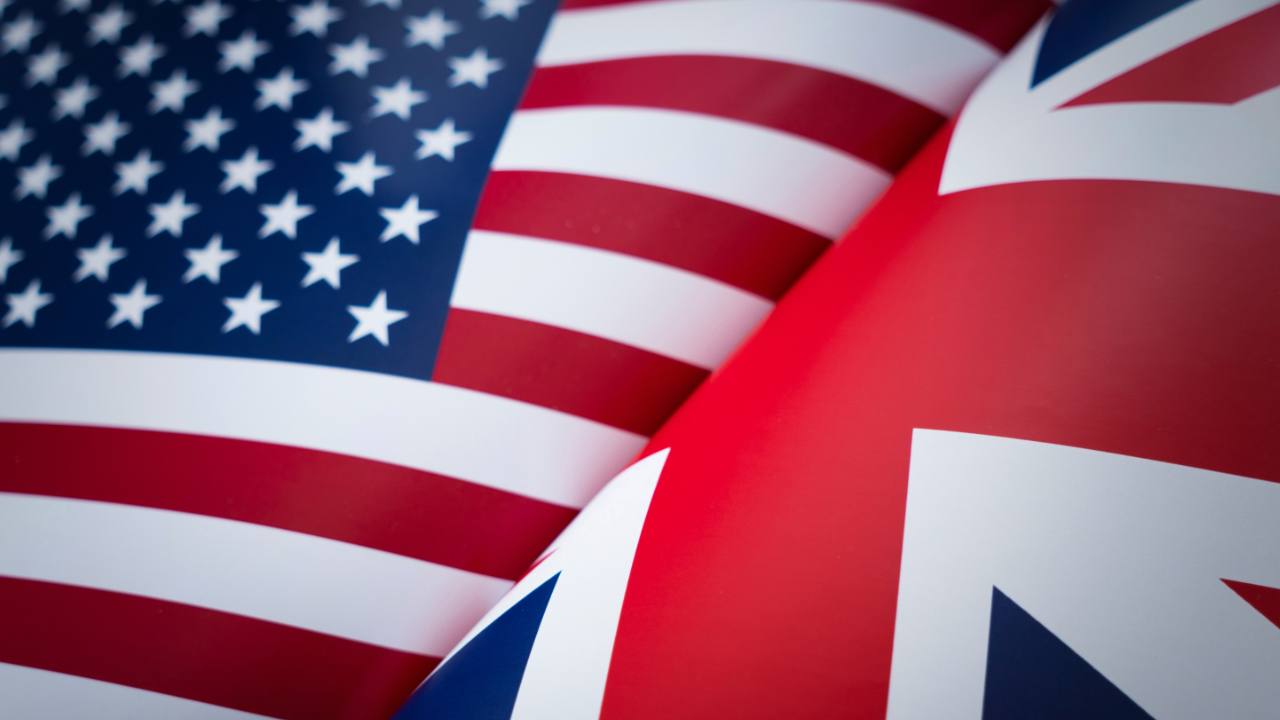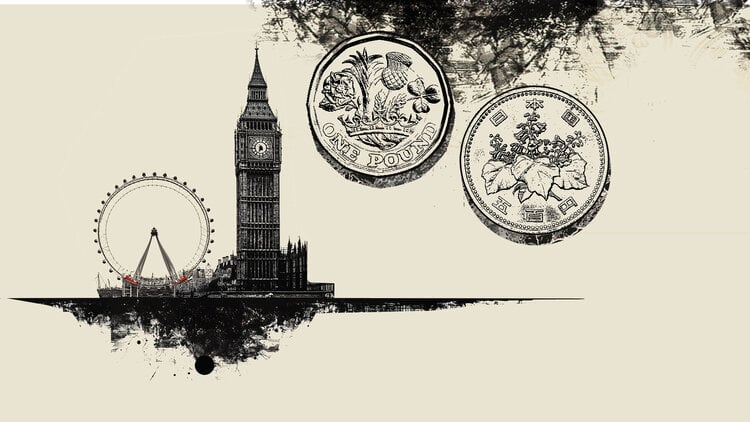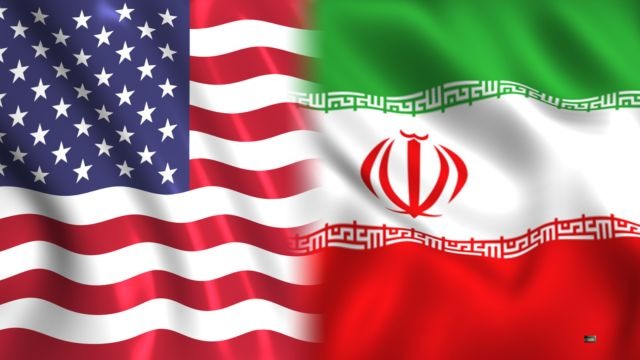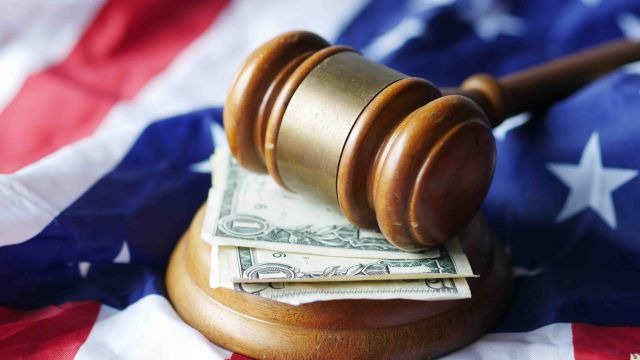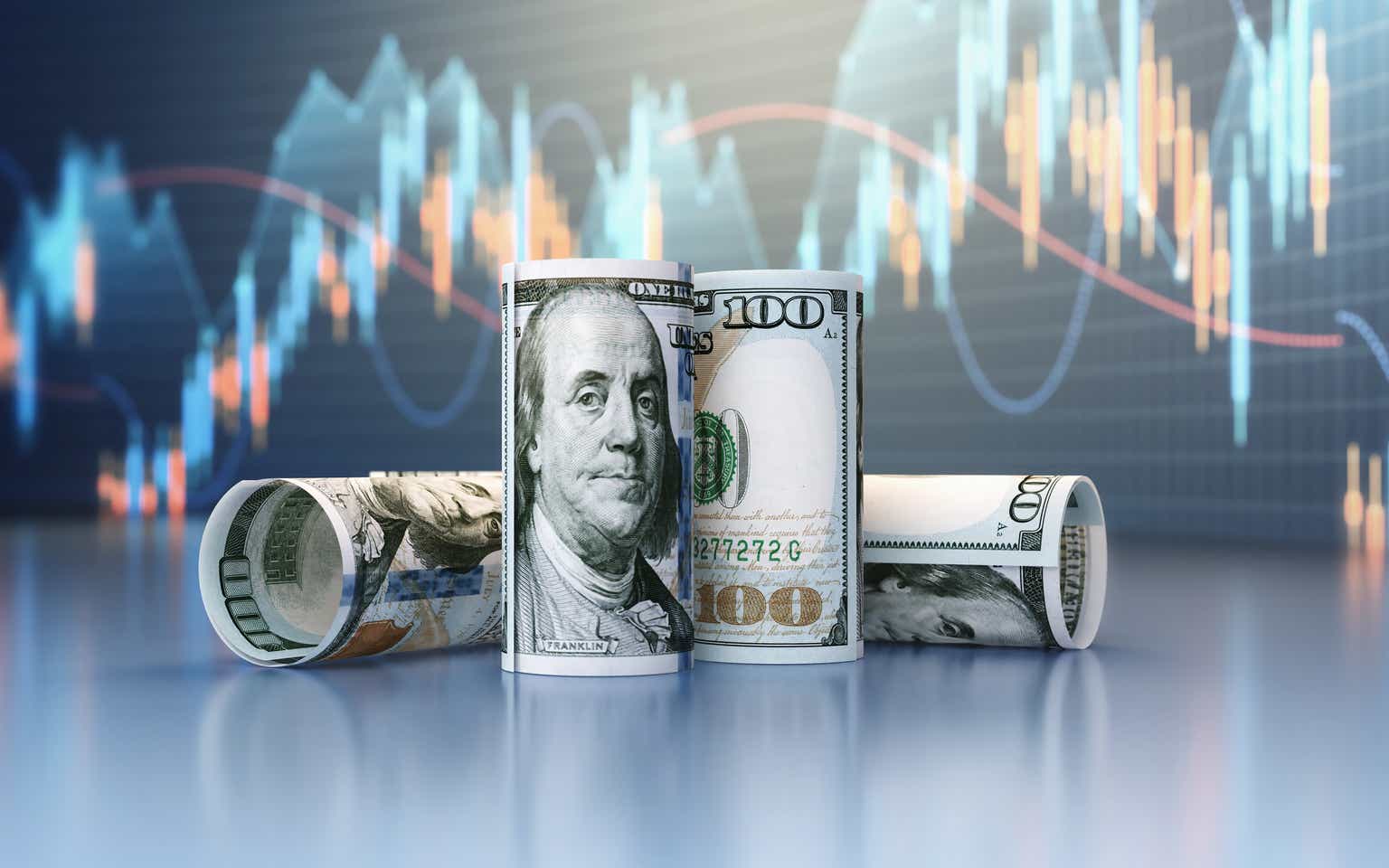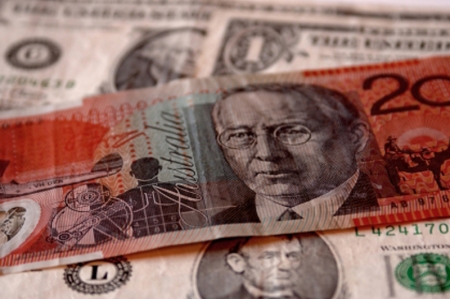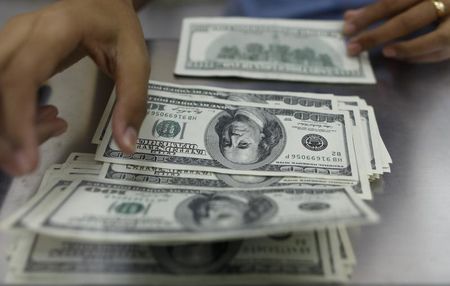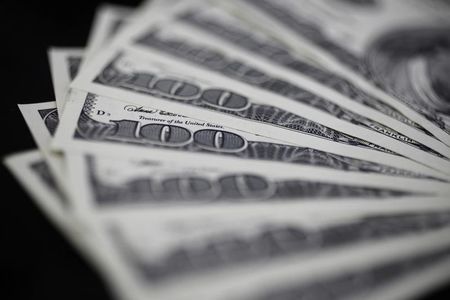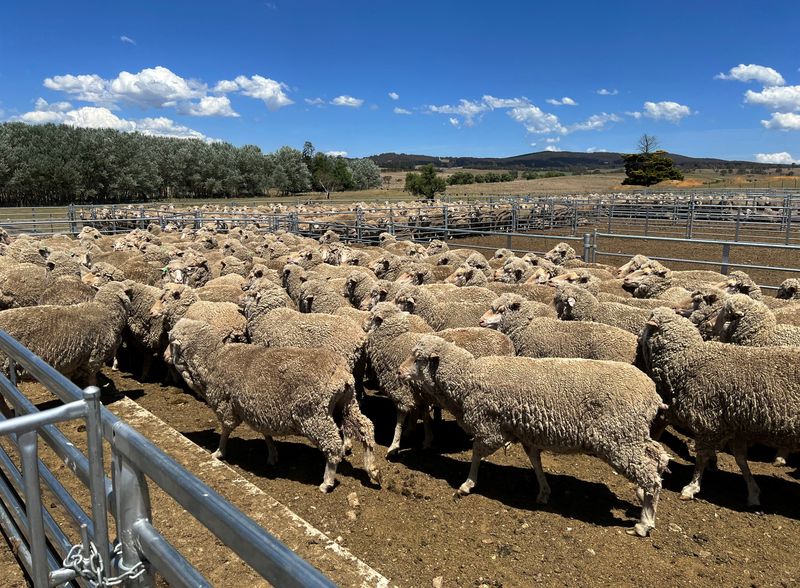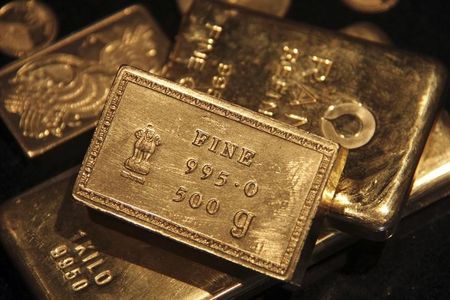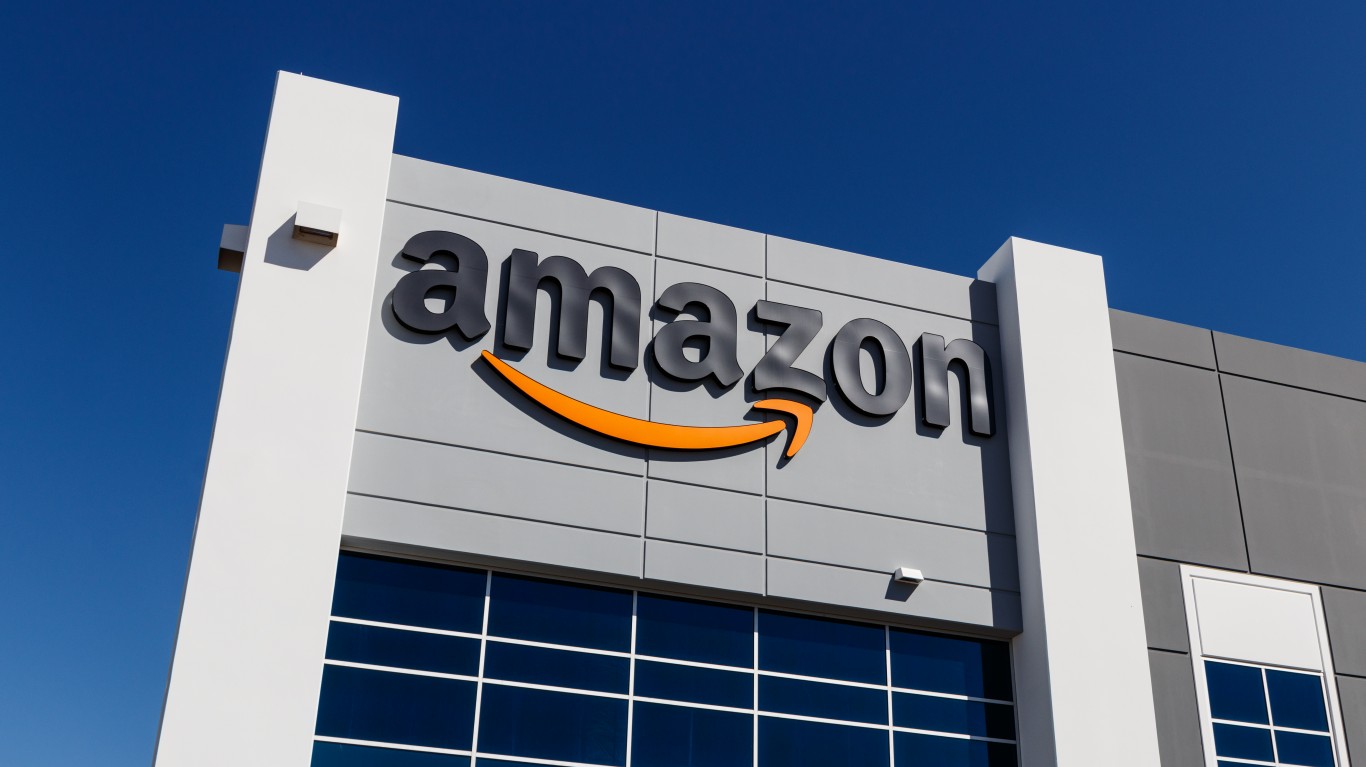The 4 Dividend Aristocrats Warren Buffett Would Buy Next
Warren Buffett is one of the most influential and celebrated investors of the modern age. However, Buffett’s methodology, developed with the late Charlie Munger on principles founded by Benjamin Graham, include these following guidelines: Solid business with good management and earnings track record. Businesses that he personally understands. Undervalued price in market vs. economic fundamentals. […] The post The 4 Dividend Aristocrats Warren Buffett Would Buy Next appeared first on 24/7 Wall St..

Key Points
-
Warren Buffett is well known for favoring companies with a strong dividend track record.
-
In addition to Dividend Aristocrat stocks held by Berkshire Hathaway, Buffett also owns stakes in additional Dividend Aristocrat stocks indirectly through New England Asset Management (NEAM), a subsidiary of General Re, which is wholly owned by Berkshire.
-
Out of the 69 Dividend Aristocrat stocks, there are four (4) currently not owned by Buffett that he might consider for future purchases due to their current undervaluation or business compatibility with current Berkshire or NEAM holdings.
-
Are you ahead or behind on retirement? SmartAsset’s free tool can match you with a financial advisor in minutes to help you answer that today. Each advisor has been carefully vetted and must act in your best interests. Don’t waste another minute – get started by clicking here.(Sponsor)
Warren Buffett is one of the most influential and celebrated investors of the modern age. However, Buffett’s methodology, developed with the late Charlie Munger on principles founded by Benjamin Graham, include these following guidelines:
- Solid business with good management and earnings track record.
- Businesses that he personally understands.
- Undervalued price in market vs. economic fundamentals.
- Focus on Competitive advantages and Quality of Product or Service.
One indicator that some of Buffett’s criteria has already been met is through a company’s ability to raise its dividend annually for an extended stretch of time. Stocks that qualify for inclusion in the Dividend Aristocrat club have to log a 25-year unbroken streak of dividend increases. Unsurprisingly, Buffett already owns a number of these stocks, as regular dividends dovetail directly into his other parameters for inclusion in the Berkshire Hathaway portfolio. Additionally, Buffett owns a number of Dividend Aristocrat stocks indirectly through New England Asset Management (NEAM). Buffett’s wholly owned General Re reinsurance underwriter lists NEAM as a subsidiary.
Nevertheless, there are a number of Dividend Aristocrat stocks that have no current ownership connection to Buffett or to the Berkshire Hathaway milieu. The following four (4) stocks have industry sector familiarity to Buffett as well as membership in the Dividend Aristocrat club (ROI calculation as of earlier in June):
Caterpillar, Inc.
Stock: Caterpillar, Inc. (NYSE: CAT)
Total Return for the past 10 years: 429.10%
CAGR: 18.24%
Despite Berkshire’s ownership of railroads, Buffett has generally eschewed the American heavy equipment industry. He has avoided companies like Boeing, General Dynamics, and only held John Deere stock for a 4 year period from 2012-2016. However, he does retain exposure to the industry in Japan, where his holdings of conglomerate Mitsubishi, for example, gives him an indirect stake. Surprisingly, he has never owned Caterpillar.
Statista estimates that Caterpillar has a 16% to 19.6% market share of the global construction industry. Unlike the agriculture industry’s struggles, which was a factor in Buffett’s decision to unload John Deere stock, the construction industry is expected to grow from 2-4% this year, with new job creation on the upswing, thanks to the rise in new business creation under President Trump. With its strong competitive advantage and supremacy in its sector, a solid growth track history, and business advances on the horizon, a Caterpillar addition to the Berkshire Hathaway portfolio makes a lot of sense.
J.M.Smucker Company
Stock: J.M.Smucker Company (NYSE: SJM)
Total Return for the past 10 years: 34.08%
CAGR: 2.92%
It’s no secret that Warren Buffett has a sweet tooth. A visit to Berkshire’s Omaha offices finds Coca-Cola available at every vending station, along with See’s Candies, which is a wholly owned Berkshire confectionery. Buffett’s affinity towards the food industry (and not necessarily the healthiest types) are evidenced on a broader level through his stakes in Kraft Heinz Co. (NASDAQ: KHC), Coca-Cola (NYSE: KO), and the Dairy Queen ice cream chain. Given his penchant for undervalued companies, another Dividend Aristocrat that might warrant Buffett’s attention is the J.M. Smucker Company.
Smucker stock has underperformed of late, a reaction to overall soft earnings in the sector. Smucker’s acquisition of Hostess has not proven as successful as anticipated, also leading to interim depressed earnings. Nevertheless, a recent drop in Smucker’s stock price has been deemed an overreaction by Jeffries and other analysts, who have issued “buy” ratings. There are a number of synergies that Smucker has with Kraft Heinz and taking advantage of an undervalued pricing situation is another Buffett strategic hallmark.
Clorox Company
Clorox Company (NYSE: CLX)
Total Return for the past 10 years: 58.17%
CAGR: 4.69%
Although Warren Buffett sold off his remaining Procter & Gamble (NYSE: PG) shares in 2023, he has no other direct stake in the household cleaning arena at the time of this writing, except through Japanese conglomerate Marubeni. Marubeni owns Santher, which manufactures diapers, feminine hygiene, and other consumer staple household products. Additionally, Itochu, another Japanese conglomerate whose stock is in the Berkshire portfolio, has a chemicals division. Berkshire’s private ownership of Lubrizol gives it an indirect presence in the sector, since Lubrizol provides emollients and other chemical components used by a variety of companies for their own respective cleaning product formulas.
At the time when Buffett sold out his Procter & Gamble stock, it wasn’t due to a problem with the industry sector or PG per se, but rather a need to raise liquidity for his belated investment into Apple, after years of avoiding the high-flying tech stock world. Clorox stock is presently close to 30% lower than its 2024 high, as a result of its most recent disappointing earnings quarter. However, the company also reported a 240 basis point improvement in its gross margins, an EBIT improvement of +2.3% year over year, and an improved outlook for net sales to be flat versus down, as previously reported. Management’s operational changes are in the midst of reversing the downturn, and CLX represents another undervalued scenario that Buffett often seeks for gauging investment opportunities.
Brown & Brown, Inc.
Brown & Brown, Inc. (NYSE: BRO)
Total Return for the past 10 years: 618.73%
CAGR: 21.87%
Warren Buffett’s affinity for the insurance industry is well known. For anyone familiar with GEICO’s Clio Award nominated “Unskippable”, “It’s Not Surprising”, and “Even a Cave Man…” ads, this is just one of a number of wholly owned Berkshire Hathaway owned insurance companies. Additionally, a sizable chunk of Chubb, Ltd. (NYSE: CB) also appears in its portfolio. That said, Brown & Brown stock is one that Buffett is certainly aware of, since, ironically, Brown & Brown acquired Berkshire Insurance Group in 2021.
Although there are other Dividend Aristocrats that Warren Buffett might be looking at for a first time purchase, these above four meet certain specific criteria signs that Munger, Graham, and even Buffett himself have earmarked in the past as good investment prospects.
The post The 4 Dividend Aristocrats Warren Buffett Would Buy Next appeared first on 24/7 Wall St..






